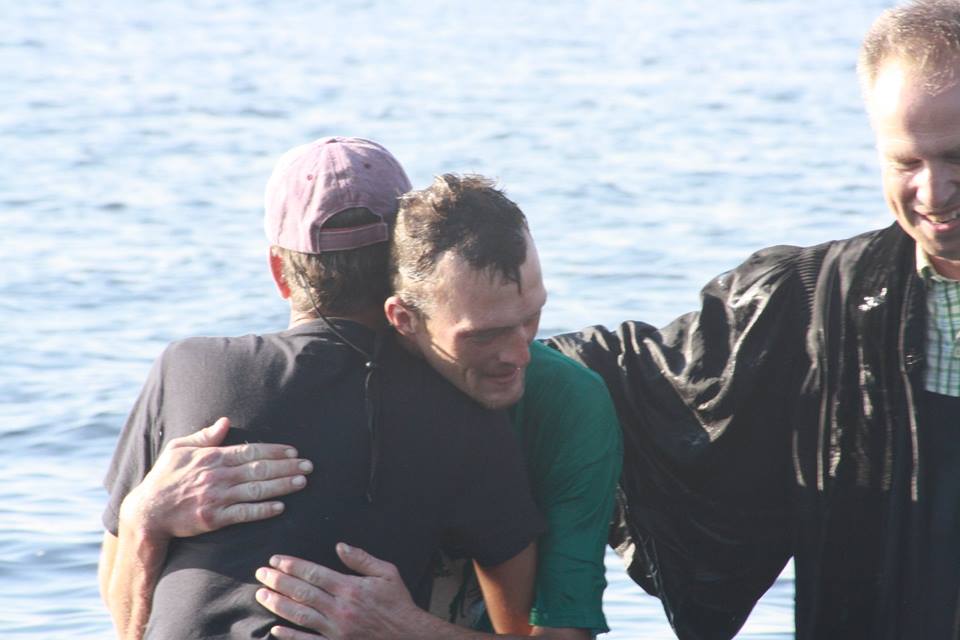Jeremiah 30.1-24
Here in Jeremiah 30, the Jewish people have been exiled to the land of Babylon—they are in bondage to the most powerful government in the known world at that time. They felt beat down and oppressed – and in many ways they had been spread out all over the world (diaspora). But they did something dramatic at this time – and this is when we are introduced to the scribes.
More than likely at this time of exile the scribes began writing down the stories that the Israelites had passed down from generation to generation. And this is what saved them as a people – but it is also what gave them hope. You can see that in Jeremiah 30.2. This is one other area where you can see the high value of reading that the Jewish culture had at that time – for the stories were transitioning from oral to written.
We can see that there is an emphasis in the Old Testament on the story of the Israelites being set free from Egyptian bondage – so they would recount the passover – and the parting of the Red Sea. Well this was in large part because they were in that same oppressed situation in Babylon. For now they longed for God to restore to them the land and give them salvation from the Babylonians.
While in Babylon the people longed for home [see Psalm 137.1-4]. They longed to be restored back to their land. In Jeremiah 30.17 we see a three-fold restoration: (1) health [this word in Hebrew means a restoring to soundness or wholeness], (2) wounds will be healed [this word healed means to mend by stitching – that is to cure], (3) restore their status – that no longer will the Jews be an outcast.
At The Anchor we believe that the Lord continues to restore people. The Lord does this through the restoration of relationships with each other, with our community, ourselves, and even the earth. Because of this we actively seek to bring the Lord’s healing strength to our relationships, to our emotions, physically, monetarily, and corporately. We also believe that we are to actively care for creation by re-using, recycling, and re-purposing the things that God has entrusted to us.
Lesslie Newbigin says: “Wherever and whenever we look at man, we find that he is full of self-contradiction. He is divided against himself, and he is divided against his environment …This contradiction between man and God is the root of all the other contradictions. We can put the whole matter most simply in this way: God’s nature is love, and salvation means being restored to life in the love of God and in love with His children. But love only exists in actual concrete human relationships. Love in general is nothing at all; true love means care for real people—my brother, my fellow-worker, my neighbour.”

